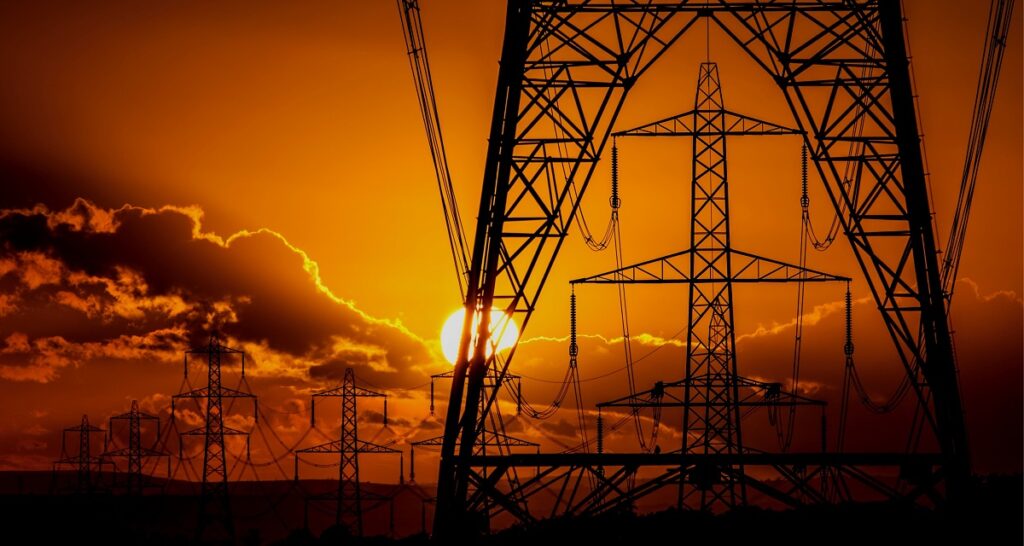Secretary of state Kwasi Kwarteng has called on National Grid Electricity System Operator (ESO) to explore options for bolstering energy security ahead of the winter, including utilising more coal.
In a letter sent last week (25 May) to ESO executive director Fintan Slye, Kwarteng highlights his concern over the volatility of the gas and power markets in light of the Russian invasion of Ukraine.
“We must therefore consider all prudent steps to mitigate these risks and bolster our energy security this winter. These risks would be best mitigated by significantly increasing the amount of capacity that is available over the winter, particularly non-gas-fired capacity,” Kwarteng wrote.
As such, he is calling on the ESO to work with the energy sector to explore and deliver frameworks to support addition non-gas-fired capacity over the winter.
The Department of Business, Energy and Industrial Strategy (BEIS) has identified certain coal plants that could be considered part of potential solutions, he continued. These plants have been contacted and encouraged to engage with the ESO.
It follows Kwarteng writing to Uniper, EDF and Drax in April to request coal plants operated by the giants be closed later than planned given the current market volatility.
Any frameworks now agreed to boost security over the winter should deliver value for money to electricity consumers, with the minister urging Slye to consider the high levels of uncertainty.
Ofgem CEO Jonathan Brearley recently told MPs during a BEIS Select Committee meeting that the price cap could surge to £2,800 for the winter on the back of market volatility. This would significantly strain consumers, following a jump of 54% in the price cap for the summer period.
A number of actions have been taken to try and mitigate some of the impact of these cost increases, including the Treasury announcing a windfall tax on oil and gas companies that will fund an energy bills discount of £400 per household in October, amongst other cost of living support measures.
The government has also released the British Energy Security Strategy and the Energy Bill, to provide further support for the longer term transition away from imported fossil fuels, to protect the country from international volatility and spur the transition to net zero.
“As the recently published British Energy Security Strategy makes clear, we must reduce our dependency on imported fossil fuels and accelerate the transition away from oil and gas to a secure, clean energy system founded on the roll out of renewables, nuclear and other low carbon technologies. But this transition has to be orderly, recognising the critical role fossil fuels will play as we deploy low carbon alternatives,” Kwarteng continued in his letter to Slye.
He added that the move to include coal plants in potential security strategies does not signify a change in Britain’s commitment to end coal generation by September 2024 and phase out imports of Russian coal by the end of the year as part of sanctions announced in April.
Coal-fired generation has been in steep decline in Britain over recent years, with several coal-fired plants closing, including SSE’s Fiddler’s Ferry and RWE’s Aberthaw B.
Amid the continued market volatility, Britain’s power prices have dropped due to a reduction in demand thanks to warmer weather, and increased renewable generation – including a new wind power generation record.
Find out more about what’s driving power prices in Current±’s new Price Watch series, with a new article released every Monday looking into Day Ahead, Intraday and Imbalance prices.





